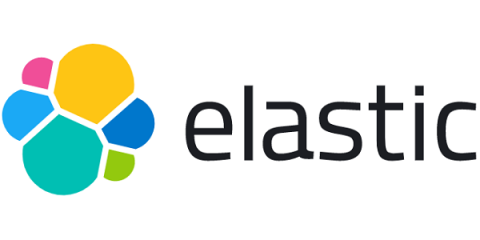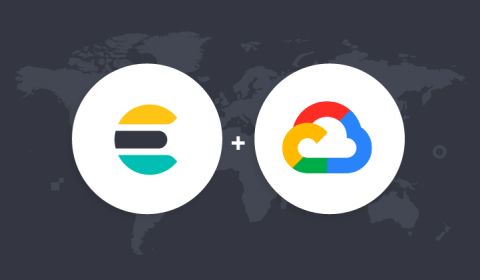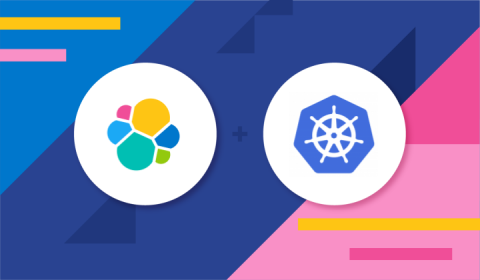Elastic introduces OpenTelemetry integration
We are pleased to announce the availability of the Elastic OpenTelemetry integration — available on Elastic Cloud, or when you download Elastic APM. This integration continues our to openness by embracing open standards support for the evolving OpenTelemetry standard for observability










